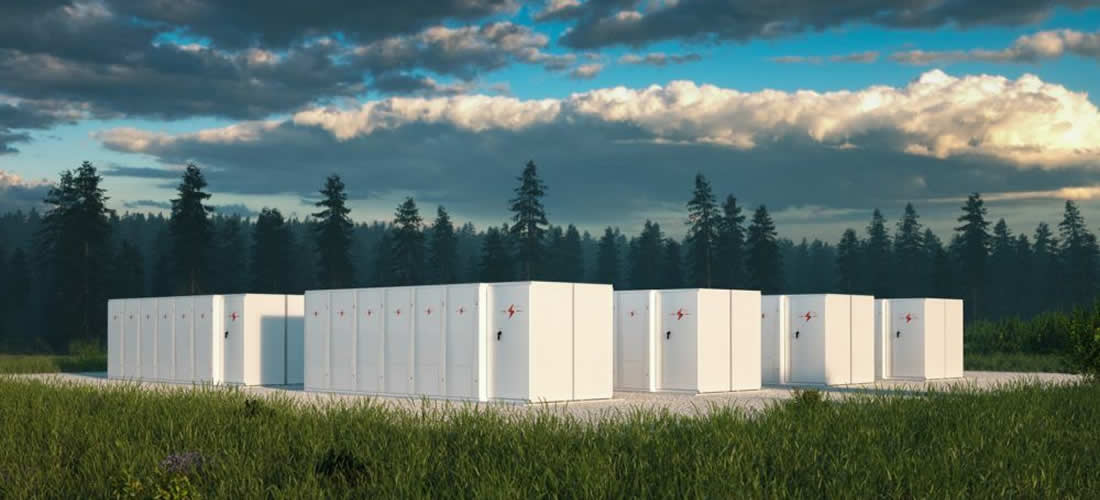Aurora Energy Research report demonstrates the importance of investing in Long Duration Electricity Storage to ensure a clean and affordable GB energy system in 2035.
Introducing LDES in large quantities in GB by 2035 can reduce carbon emissions by 10 MtCO2 per annum, reduce system costs by £1.13 billion per annum, and reduce reliance on gas by 50 TWh per annum.
Aurora’s report finds the UK’s Net Zero target, to fully decarbonise the power system by 2035, unachievable without urgent investment in viable low-carbon alternatives.
Up to 24 GW of LDES, equivalent to eight times the current installed capacity, could be needed to integrate wind power into a secure Net Zero electricity system.
Examples of LDES include pumped hydro storage, Liquid Air Energy Storage (LAES), Flow batteries and Compressed Air Energy Storage (CAES).
These innovative new technologies can store electricity for four hours or more in order to supply firm, flexible and fast responding energy that is valuable for managing a high renewables system.
Aurora’s report demonstrates the benefits LDES could provide to the GB energy system by contributing towards security of supply and reducing emissions, costs and reliance on gas.
However, at present, high upfront costs, long lead times, a lack of revenue certainty and missing market signals lead to underinvestment in LDES.
Policy support and market reforms can provide revenue certainty and address missing markets to recognise the full value of LDES to enable the deployment of LDES projects.
Stephen Wheeler, Managing Director of SSE Renewables said: “This timely study by Aurora finds that to achieve the government’s ambition, an eight-fold increase in long duration storage capacity is needed. This amount of storage capacity will not only play a major role in reducing emissions, but also significantly reduce the UK’s reliance on imported gas and in return, keep household energy bills lower and less volatile.”
Mark Wilson, CEO of ILI Group said: “Without energy projects in place the renewable generation capacity in the country will soon hit a ‘Green Glass Ceiling’ whereby adding more ‘variable’ renewable generation actually threatens grid stability and security of supply in our grid network.”
“Having the necessary market mechanism in place will enable the current Pumped Storage Hydro pipeline of over 5 GW to be built and keep the country on target for achieving net zero. The benefits for these projects will extend beyond climate bringing over £3 billion in construction investment into the UK and Scotland, creating thousands of new jobs just as we emerge from the COVID crisis.”
Photograph: Aurora Energy Research
Source: www.climateaction.org
 En
En